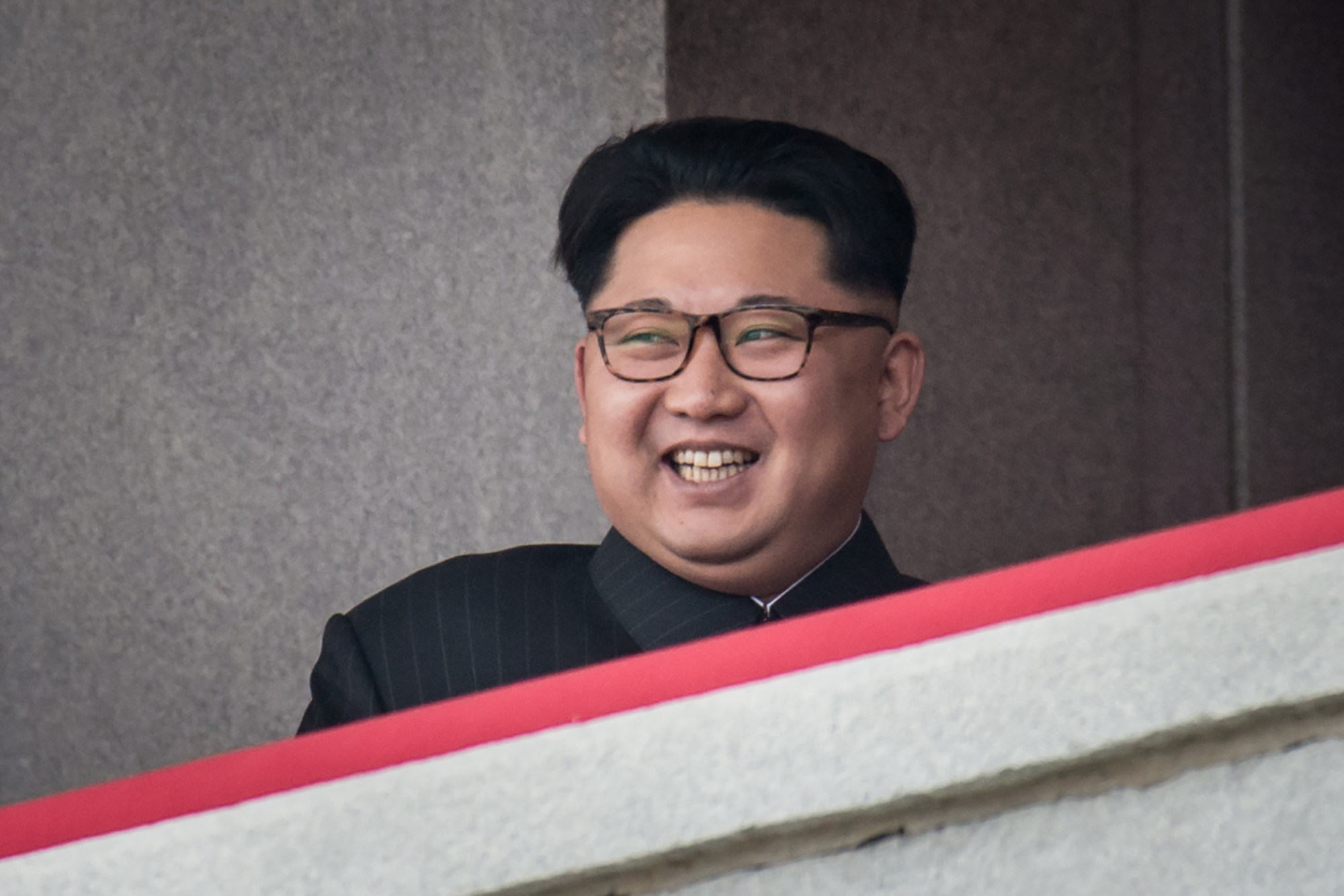As Chinese President Xi Jinping's first summit with U.S. President Donald Trump takes place at Trump's luxurious Florida estate Mar-a-Lago, at least part of the discussion will invariably focus on one of the world's most impoverished places: North Korea. Despite more than two decades of on-again, off-again negotiations, North Korea's nuclear weapons program is pushing the world toward a strategic watershed much like the one that the West faced 60 years ago, when the United States and the Soviet Union faced off against each other in Europe.
The U.S. and its allies successfully navigated the challenge of Europe in the 20th century without war. But to achieve comparable success in East Asia today, Trump must persuade Xi to adopt a different policy toward North Korea.
When the U.S. and the Soviet Union became rivals after World War II, each had a way of deterring the other from attacking. The Soviet Union had — or was widely believed to have — a large advantage in non-nuclear forces, which the Kremlin could use to conquer Western Europe. The U.S., with its monopoly on nuclear weapons, could launch a nuclear strike from Europe on the Soviet homeland.

















With your current subscription plan you can comment on stories. However, before writing your first comment, please create a display name in the Profile section of your subscriber account page.